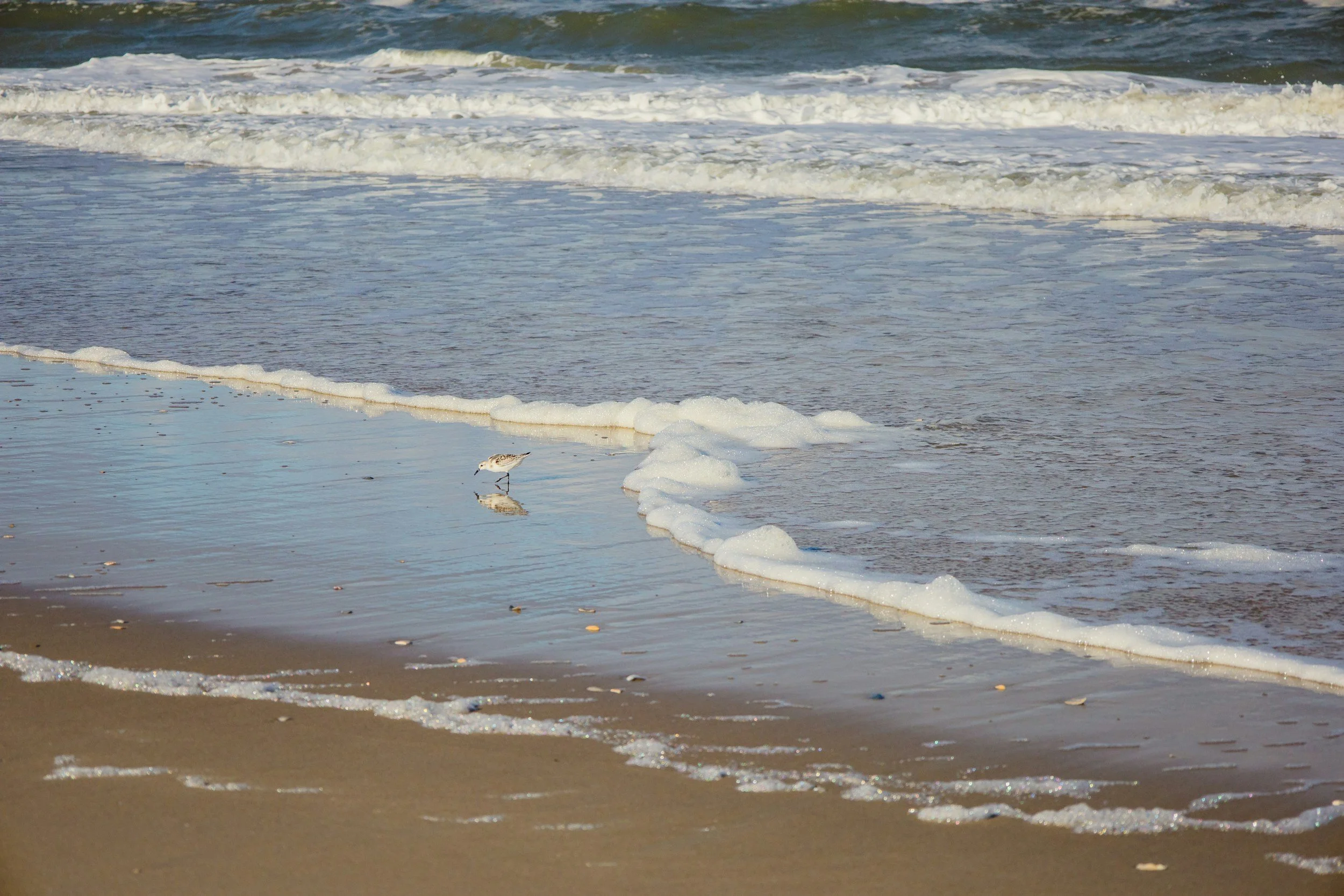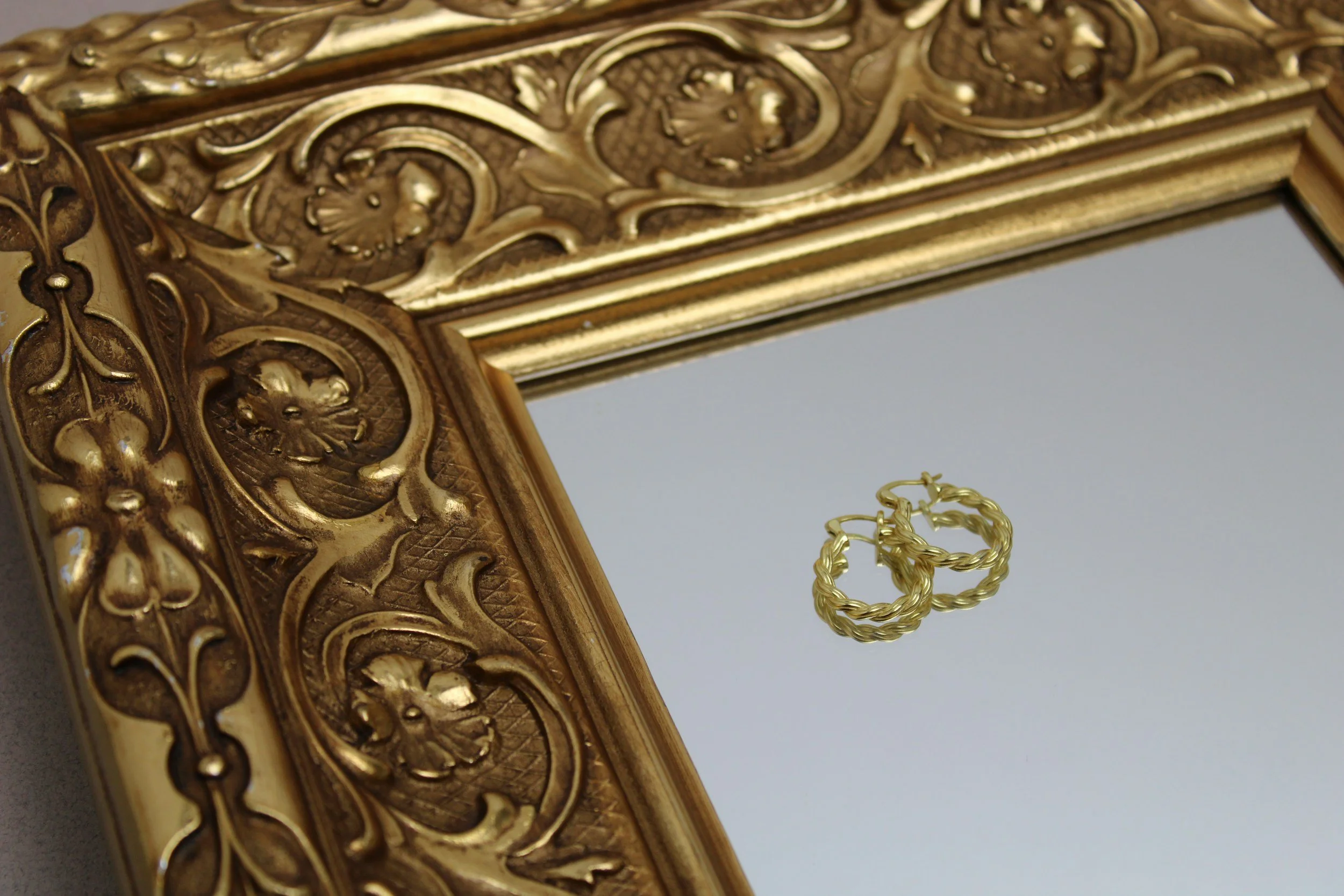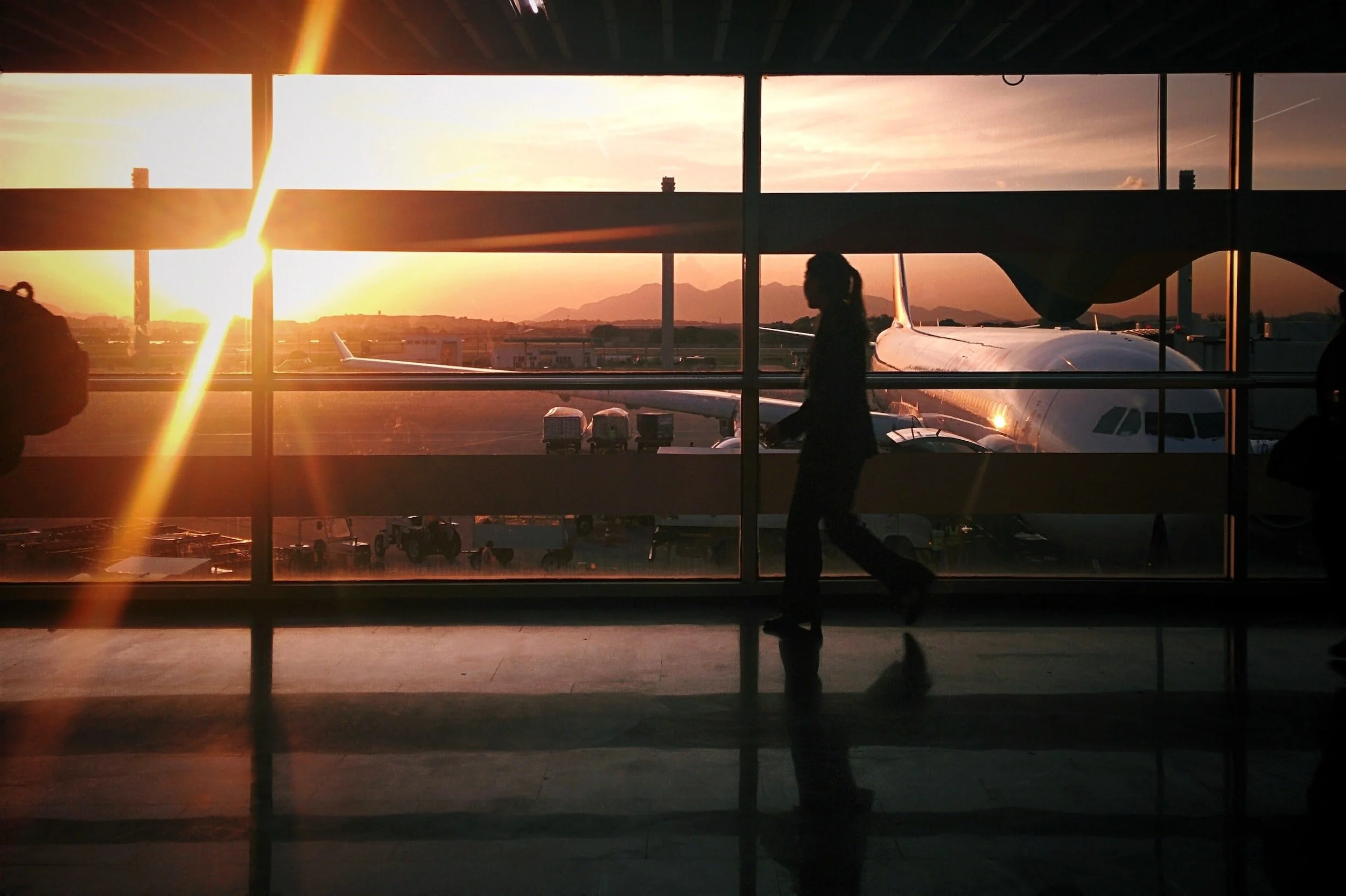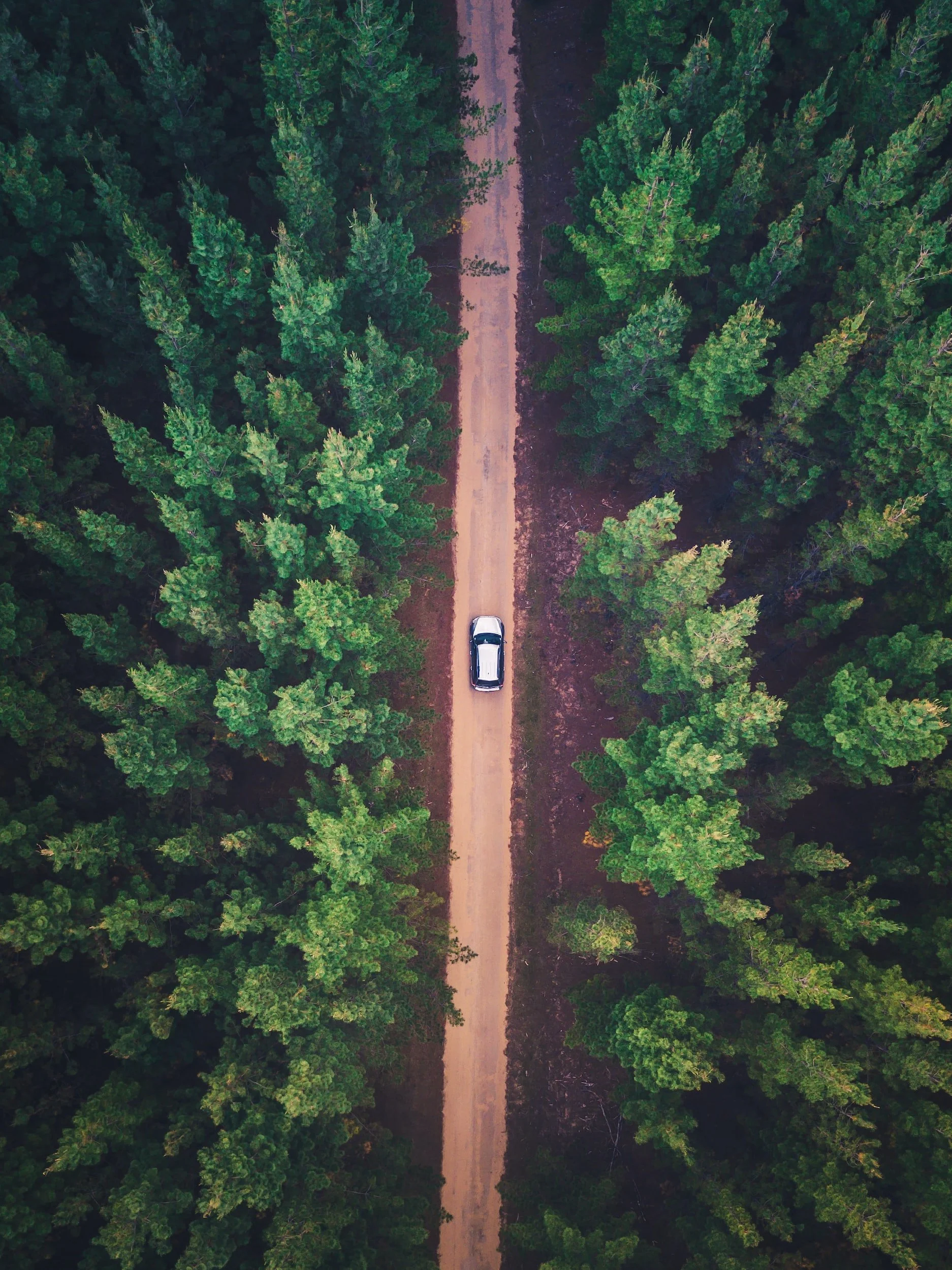Is Agent Orange Really Orange?
I know many things, some of them untrue:
By 2050, the southern half of Vietnam could all but disappear under the high tide of the South China Sea.
The Ho Chi Minh Trail is a popular hiking destination.
Vietnam is longer than Chile and has a greater population.
When I think of Vietnam, I think of my friend Tran – and Silvia Schiarroni’s brother.
There were over fifty-eight-thousand American deaths from the Vietnam war. One of them was Silvia’s older brother. She found out on the night of our middle school graduation. The school had selected one girl and one boy to give a speech. I was anxious about my impending girl speech, still baffled I was chosen. Silvia and I weren’t really friends. That is, we didn’t hang out and do nothing together. As I was droning on about the Right to Vote, I looked out onto the crowd and saw Silvia crying. We were thirteen years old and the only death we understood was the death of the family hamster or dog if we were unlucky. Silvia’s brother had been fighting the Communists, defending the Vietnamese people’s right to vote, in vain, against the inexorable guerrilla march of Uncle Ho in a war even our own generals called “unwinnable.” But in 1969, the graduating eighth graders at Hollow Creek Junior High knew nothing of this. All we knew was what we heard: the sobbing of Silvia Schiarroni as John Madewell and I gave our boy and girl speeches.
I hardly thought about Silvia after that night. Maybe I was mildly annoyed that she kept blowing her nose during my speech. I was presenting an important subject, even as we were years away from being able to vote against the war.
But on my first night in Ho Chi Minh City, still preferring the more lyrical Saigon, I think about Silvia. And Tran, who recommended we stay at the Intercontinental and the Metropole in Hanoi.
Due to some overzealous travel planning, my son and I flew directly from the windy barren moonscape of Iceland to the tropical heat of a thousand attacking motorbikes. About the same age as Silvia’s brother and all the other young infantrymen, my son had to register with Selective Service when he turned eighteen. Even though the U.S. currently participates in wars, there is no draft. He can visit Vietnam as a tourist, not a soldier, and stay at the plush Intercontinental.
I first met Tran in dental school. Where the rest of us had Casio or Timex watches, she sported a classic Rolex, casually embraced by an achingly beautiful jade bracelet. Tran was on her second graduate degree, having just completed a Master’s in linguistics. She and her husband owned their five unit apartment building and lived in the corner unit on the first floor. I had just moved into my own subsidized university housing, surrounded by screaming toddlers that forced me into the all-night library to escape and study. Like a layover traveler drinking at an airport bar or window shopping at Tumi, we all wondered what Tran was doing in dental school. She seemed to be just killing time. She lacked that anxiety and desperation the rest of us shared when our crowns didn’t fit. Sometimes she even looked a little bored.
In that first-day haze, my son and I take a motorbike tour of the city. We are so alike. He says nothing, yet I know: You said no when I wanted a motorcycle; you cried even. But here you are. It must be a conciliatory gesture on my part, I think. I climb on, wrap my arms around the driver, trying not to touch his body.
In the smoggy denseness, I try to see Tran. Yet these skinny Vietnamese don’t share her perfumed wealth; mothers, children, shopping bags, an occasional farm animal all pieced together, like modern art, atop a motorbike. Many of the women wear face masks, which I later learn is not for pollution but beauty, the continuing fantasy of white skin.
I gaze at the bike surging ahead, my son, sitting hands free behind the driver, videoing the swarming traffic. Despite his resentment, he seems to be loving this.
The local faces shielded, I stare at feet instead - flip flops, sandals, house slippers, lots of toes and very few actual shoes. Shopkeepers and restaurant workers sit idly on tiny children’s stools, waiting for customers, fanning themselves and fondling their toes. I wonder if they wash their hands before returning to the kitchen. Or perhaps, lips slightly upturned, heads nodding, amused that we are still talking about the war; this is their revenge upon the American tourists. The U.S. military left Saigon, job unfinished, country napalmed. Outwardly, there is the old post office, the remains of French colonial architecture, the type of house Tran’s family may have owned.
Feet aside, I can no longer ignore the obvious: in one day, I’ve glanced sideways at more deformed bodies than I have in a decade. Twice I saw a foot with six toes, one time six and a half. The Americans sprayed and cascaded Agent Orange over the countryside like salt and pepper onto a bland dish, thinking it would destroy the jungle and flush out the Vietcong. They neglected to consider the fish that drank from the streams, whose flesh was served on Vietnamese dining tables. They overlooked their own soldiers who drank rainwater spiked with herbicide. The physical mutations are the most visible, but there are invisible ones: the hole in a baby’s heart, a missing section of small intestine, the latent cancers like hidden jokers in a deck of cards. Maybe it was a blessing that Silvia’s brother died, so he couldn’t die another death seeing his future damaged children.
Wily to the very end, the Vietcong went underground. We visit the Cu Chi Tunnels, one of their many hand dug interconnected ant farm cities. It’s a stunted dank metropolis: kitchen with camouflaged ventilation, medical quarters, sleeping areas, weapons stash. The average American cannot stand upright in any of the “rooms.” Entrance is optional, not for the claustrophobic, even as the tunnels have been widened for the larger, Western tourists. We must lift our arms upright to drop into the tunnel entrance. I look at my son, his body a wine cork in the earth’s orifice, and think: one son is not enough. Everywhere there are booby traps, spears, and harpoons, medieval in nature, some poisonous, designed to penetrate flesh and cause pain. The Vietcong would emerge at night, like hyenas, to tend plants and unravel their bodies.
In this rainy, mosquito infested climate, wet GI combat boots proved an ill fated Washingtonian choice. The synergies of humidity and sweat turned feet into biscuits soaked overtime in black tea, cesspools of rot and infection. The locally sourced Vietcong rubber sandals were cheaper and more practical, windows for feet to dry. I wear my one pair of black leather travel shoes, close toed and rubber soled, protection against achy feet and foreign lands, good for Iceland and Vietnam alike. Already, after ten sweltering minutes, I feel fungus creeping between my toes.
On the way out, they sell souvenir bullets and repurposed rubber tire sandals. There’s no need for open animosity; there’s money to be made here! The tunnels and sandals say it all: we had so little to work with, yet we outsmarted the Americans. I think of Silvia, the black mascara she’s allowed to wear for graduation running down her face like rivulets of Vietnamese mud. I think of Tran’s family, sensing the burrowing instability of the underground invasion, liquidating their assets, and fleeing to America.
We leave for Hanoi, what was once North Vietnam. I own so many shirts with “Made in Vietnam” sewn into their collars it’s hard to remember this is a communist country. On the drive north, the houses look new and incongruous, like a suburban subdivision, gauche columns announcing a modest tract house. The guide, originally from the South, says the structures are fakes, shells to impress from afar housing empty interiors.
Tran’s parents own a house in Palos Verdes within walking distance of the Pacific. She says they were in the textile business, in partnership with the French. It’s the type of house you sometimes see in magazines, with scenes of “indoor-outdoor living.” “Why didn’t your family move to France,” I ask.
She pauses, then says, “My parents speak French better than English, but they liked the idea of only water separating them from their homeland. That’s why they live at the ocean.”
As if sensing my next question, she says, “We had to leave. We would’ve lost everything, probably even been killed.” She remembers her mother crying at night; during the day, she talked about resilience to her children.
The Metropole is everything Tran promised, an “iconic hotel where heritage meets modernity.” It seems out of place in this enemy territory of Hanoi, but like feet needing to dry, we order the cheeseburger, wanting a respite from the lemongrass infused cuisine. We go to the water puppet show, a century old tradition where puppeteers stand in waist deep water manipulating the wooden shellacked puppets as they once did on the rice paddy. There are two dignitaries in the audience from India. The air conditioning has been adjusted even lower. The room is dark except for the colorful, dancing puppets, music plays, and I fall asleep. It’s all very peaceful, away from the motorbikes and the snakes and bugs of the rice paddies.
On the way out, my son says, “Want another cheeseburger?” I consider how long this will last. Our most meaningful conversations are inevitably via text. At least he talks to us, my husband says.
The next day, we travel to Ha Long Bay with its limestone floating islands. I am reminded of the dramatic and equally picturesque northern California coastline. It’s unfortunate Silvia Schiarroni’s brother never got to see the beauty of this country. I wonder if he died a virgin. Or maybe he was introduced to the prostitutes in Saigon by his army buddies. I also doubt anybody from Tran’s family traveled to the forbidden north of Ha Long Bay. Maybe they can go now and, at the same time, visit the graves of their ancestors near Ho Chi Minh City. Then I recall Tran saying her father, suffering from Parkinson’s, is too old to travel. He’s shaking all his money away, her father says. And I wonder if Tran’s mother is like mine, who holds grudges for several lifetimes and refuses to set foot where Mao once walked. These dark thoughts spoil my appreciation of the bay. I warn my son not to go in the water, knowing the effects of Agent Orange last for generations. I only have one son.
Three days is too long to cruise these waters, especially when we are afraid to jump in despite the sweltering heat. Like the American GI who may have had trouble distinguishing the enemy Vietcong from our southern allies, the limestone formations look the same to me. I wish we had chosen the two-day excursion instead. I am ready to go home.
I used to be so sure of things: that hikers enjoyed the Ho Chi Minh trail, or that Vietnam was longer than the much longer, extremely long Chile. Of course, the Ho Chi Minh trail was anything but a hiker’s paradise, this warpath transporting death from north to south. I used to think, ignorantly driving around in my SUV, that my family line would be extinct before the effects of climate change materialized. Now I wonder if the sixth mass extinction is coming – and all humankind will be gone. I used to vilify business tycoons, who made their Great Wall fortunes on the backs of the workers who built that wall, the same people who could decamp to a different country should their way of life be threatened. But even with their wealth, they were not immune to homesickness, or regret, or isolation. Without purpose, their children drifted from one graduate degree to the next. Or, worse yet, they sought validation from the likes of Gucci and Ferrari. Like the war refugee, they could never return home. I used to admire soldiers who gave their lives fighting for their country. Now, I’m not so sure. These young men and women, mere children, couldn’t imagine death from a motorcycle, or a bullet. They didn’t know or understand themselves, much less the puppeteer governments that manipulated them, poisoned their bodies and their offspring, and then abandoned them once their youth had been spent, now their only remembrance a name engraved on a memorial in downtown Sacramento. I still admire them, but I also shed tears. I used to think that visiting a country meant widening your own world, that admittedly you couldn’t really “know” the country but you would be able to absorb some of its essence.
Now I understand the unknowability of things, that so many things can be both true and untrue at the same time.
-Teresa Yang
Teresa Yang is a dentist in Los Angeles and has written for several dental publications. She longs to write about more than teeth - and to travel again.





















